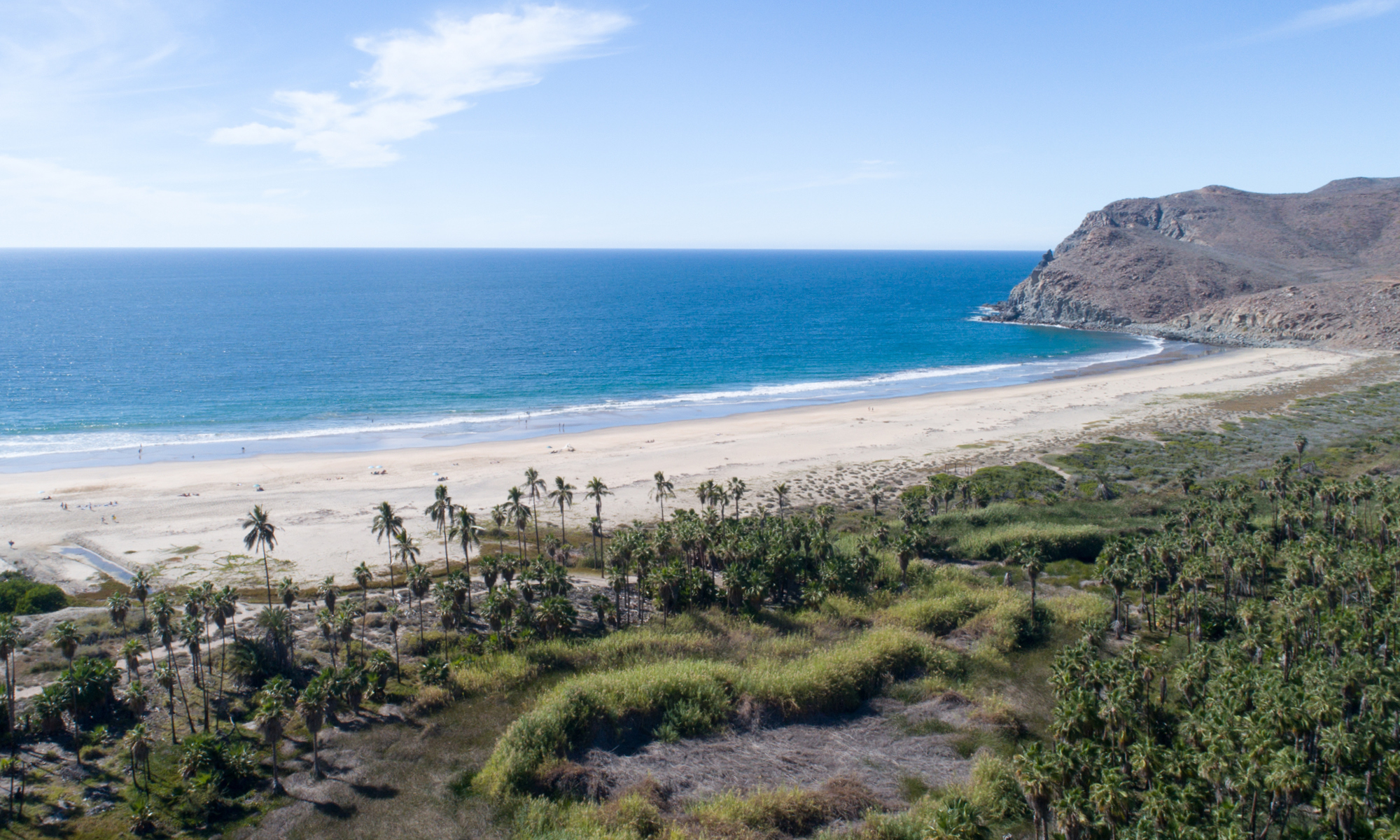The Cali-Baja region that spans from Oceanside in North San Diego County in the U.S. to Ensenada in Baja California Norte, Mexico, is part of the largest economic zone along the U.S.-Mexico border and generates a regional GDP of $250 billion, an estimated $70 billion in cross-border trade flows and more than 90 million people crossing the border each year.
It is also home to a unique ecosystem that is part of the Southern California Bight, the 430-mile coastline extending from Point Conception in Santa Barbara County to Punta Colonet in Mexico. While the U.S.-Mexico border separate this ecosystem, environmental concerns in the Cali-Baja region transcend that demarcation.
That’s why San Diego Foundation and the International Community Foundation have launched the Binational Resilience Fund to preserve the Cali-Baja coast for current residents and future generations.
Adapting and Persisting
“The capacity of the Cali-Baja region’s ability to adapt and persist through changing circumstances does not stop at the border,” said Mark Stuart, President and CEO of SDF. “We are committed to partnering with our colleagues at International Community Foundation to address our cross-border region’s climate vulnerabilities by empowering binational collaborations between civil organizations, scientists, community leaders and other stakeholders.”
The initiative launches with $294,805 in grants to four environmental nonprofits located in the U.S.-Mexico border region. These inaugural grants funded through San Diego Foundation will address immediate needs in coastal preservation and improve the ability of decision-makers to respond to climate-related impacts along the Cali-Baja coastline, including:
- Southwest Wetlands Interpretive Association – $94,805 to improve coastal resilience through nature-based solutions and a pilot infrastructure project in Tijuana, Mexico.
- UCSD – SCRIPPS California Sea Grant Program – $100,000 to build science and data collection capacity to support the coastal resilience needs of the San Diego-Baja community.
- Via International – $50,000 to strengthen binational, regional leadership by promoting sustainable development in under-resourced communities that are inequitably affected by climate change.
- WILDCOAST – $50,000 to reduce plastics pollution in the binational lower Tijuana River watershed.
Building Capacity and Resilience
“The U.S.-Mexico border region is home to incredible innovation, leadership, resourcefulness and creativity. Together our communities face multiple environmental, economic and social challenges that are further exacerbated by the impacts of a changing climate,” said Marisa Quiroz, President and CEO of International Community Foundation.
“Jobs, housing, transportation, a healthy coastline and access to nature are all climate issues. We are excited to work with San Diego Foundation to continue to support cross-border relationships that uplift and strengthen the shared resilience of our region.”
To sustain the resilience of the region, the initiative will pioneer a binational model that helps the region adapt to the impacts of climate change by leveraging existing cross-border connectivity of its social, economic, energy, freshwater and coastal resources.
Connecting Resources
Funders for the Binational Resilience Initiative include The Builders Initiative (BI) and Alumbra Innovations Foundation, which together seeded the initiative with $1,975,000 in combined funding.
“Builders Initiative is thrilled to lend its support as San Diego Foundation and International Community Foundation embark on this incredible collaboration with Resilient Cities Catalyst and the San Diego Regional Climate Collaborative,” said Laura Rodriguez, Senior Oceans Portfolio Officer with Builders Initiative.
“We know that those closest to the issue are the best equipped to solve it, and the BRI reflects this place-based expertise and passion at work. As this team works to realize the Cali-Baja region’s climate resiliency, BI can’t wait to see what innovative projects, creative solutions and unique friendships arise from their efforts.”
Other project partners include Resilient Cities Catalyst and the San Diego Regional Climate Collaborative housed at the Nonprofit Institute of the University of San Diego.
Learn more about the Binational Resilience Initiative.


